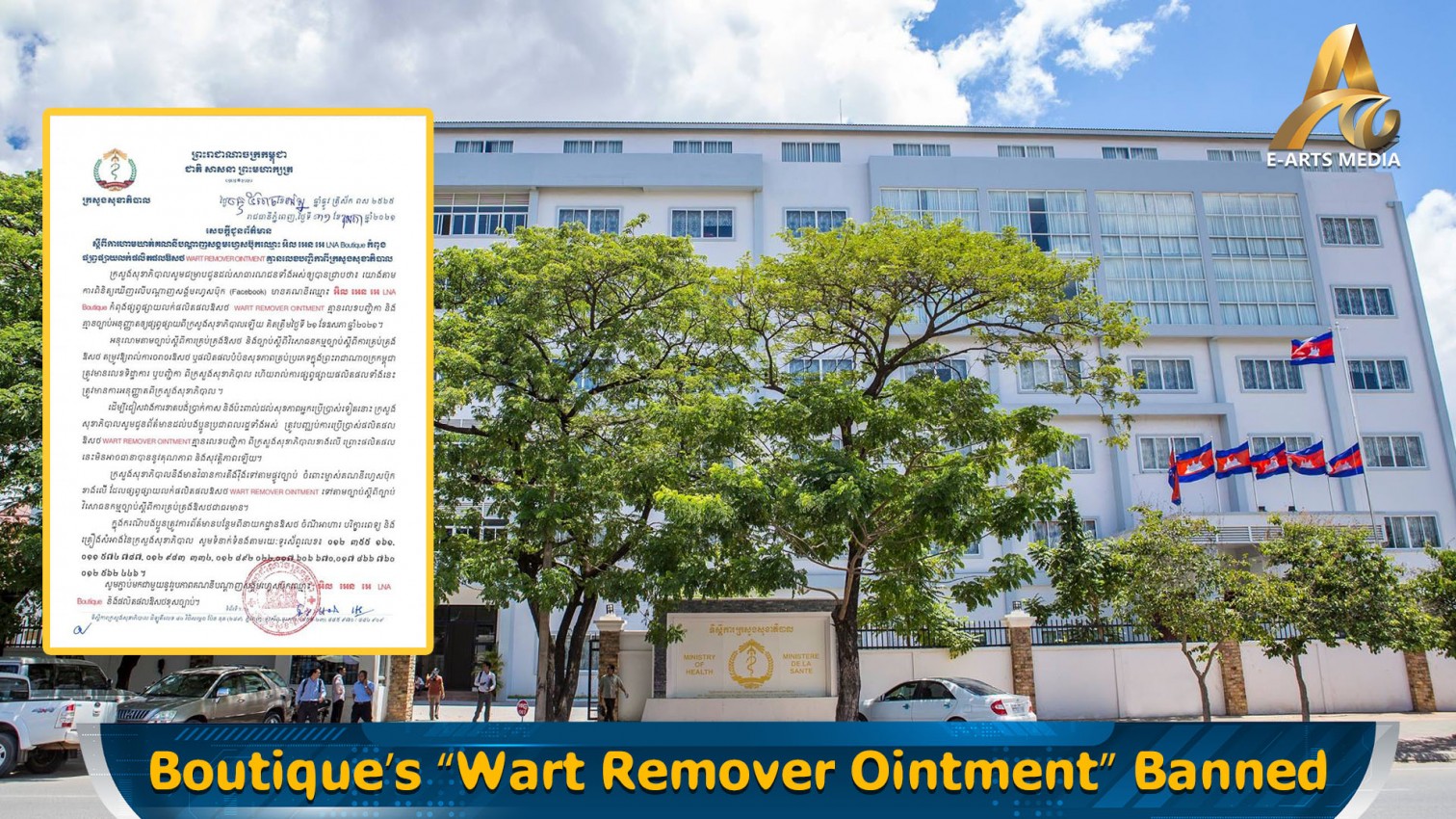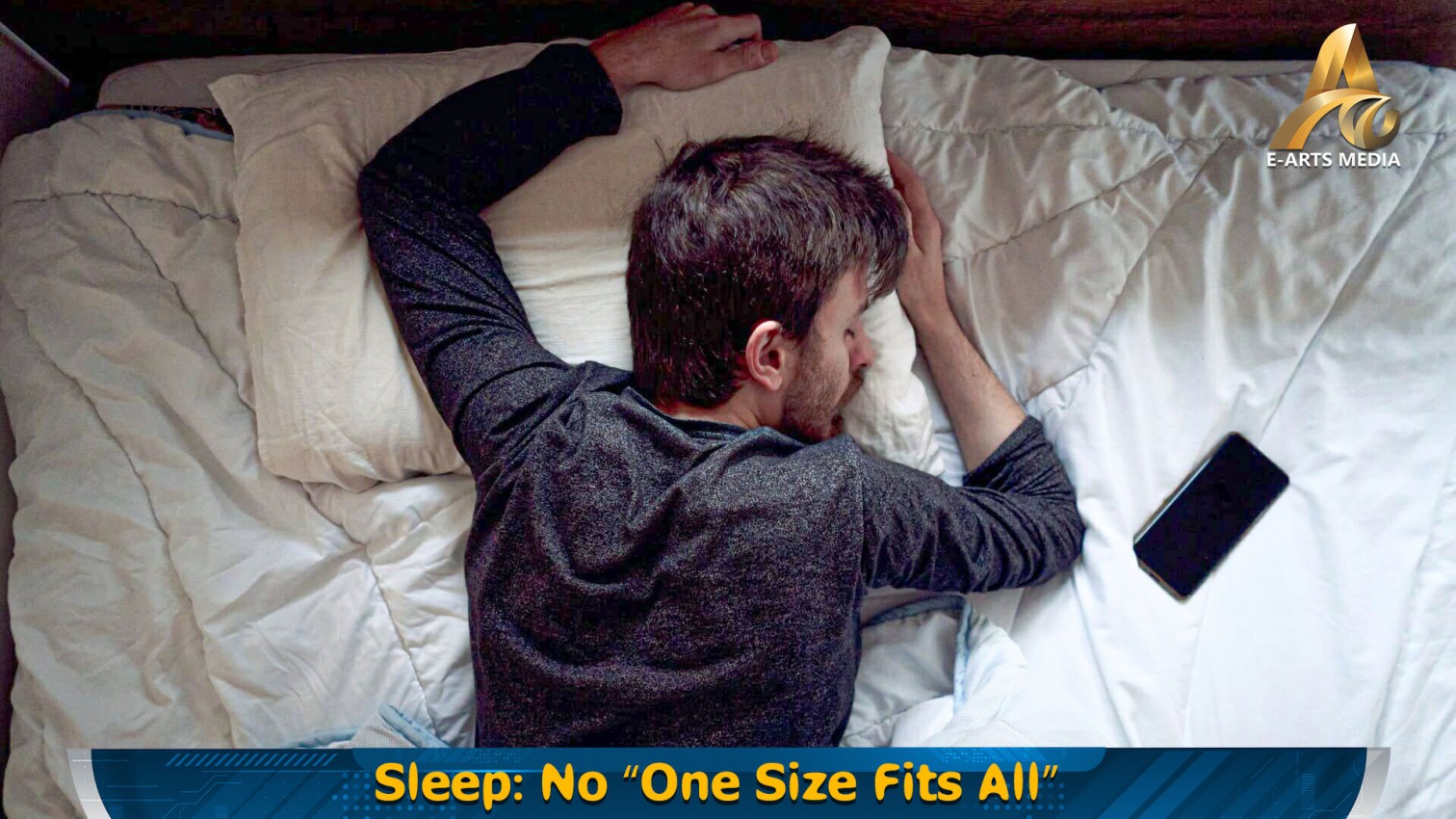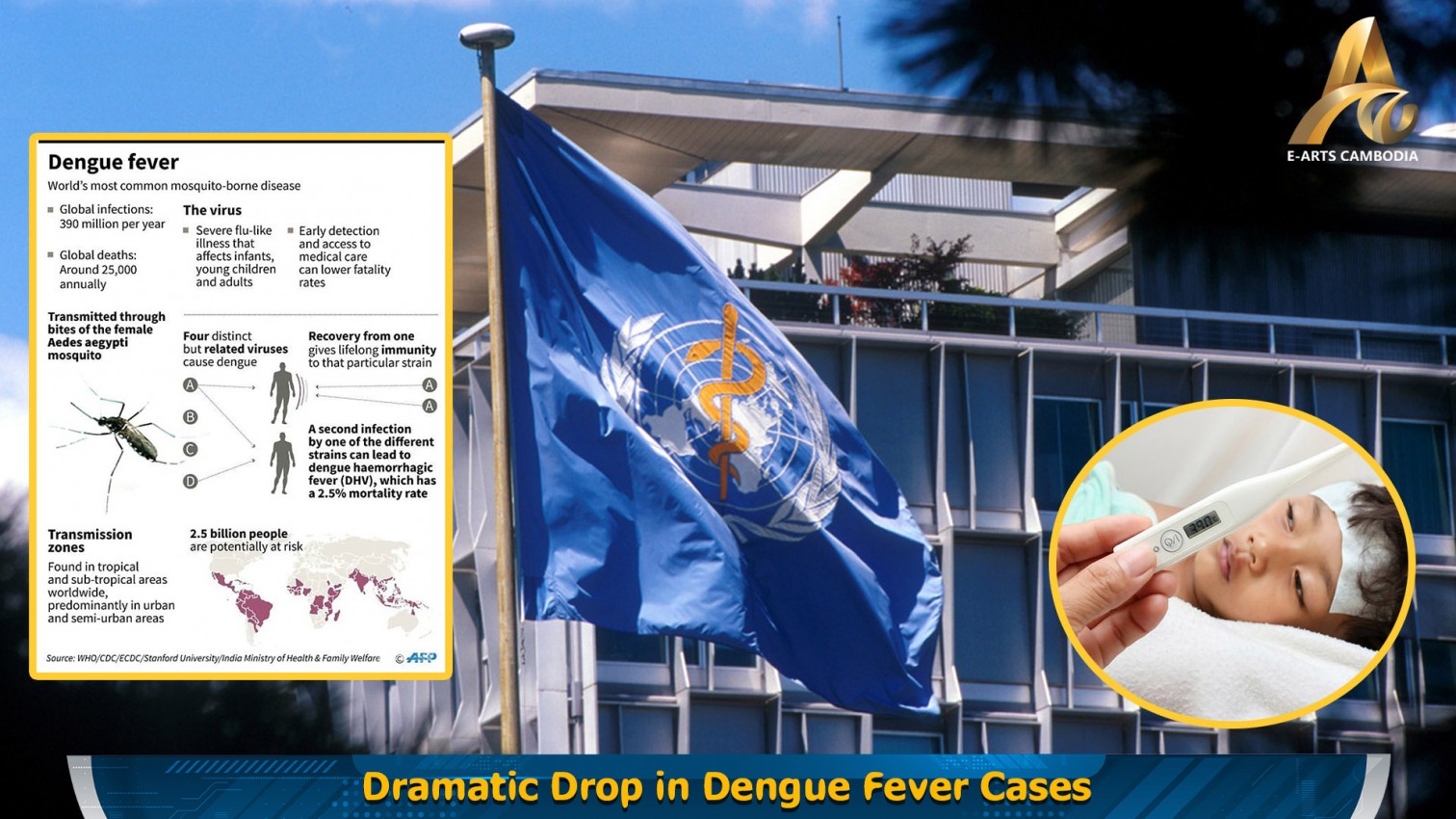The amount of sleep we need has once again come under the spotlight, thanks to a recent article in the Wall Street Journal. It suggests seven hours is better for you than eight. The American Academy of Sleep Medicine has even drawn up guidelines for sleep, recommending between seven and nine hours, but in a city like Phnom Penh, can you even get the recommended minimum?
With its urban sprawl and a rapidly rising skyline, most of us in Phnom Penh find ourselves living either close to a nightclub or a construction site – or both. Throw in a neighbour’s fondness for late night karaoke or another keeping roosters who crow at dawn, and you’re not left with many quiet hours to get some shut-eye.
It would seem the recommended minimum hours, according to the American Academy of Sleep Medicine, are between 7 and 9 hours of sleep a night. That can be a tall order in developing cities like Phnom Penh. The good news though, is that there isn’t a “one size fits all” for sleep. Some of us manage quite well with 5 or 6 hours and if you’ve got teenagers, you’ll know they enjoy 10 or 11 hours, or as much as they can get. But why is 7-9 hours recommended?
Sleep is regulated by the body’s circadian and homeostatic processes, which determine the timing and duration of sleep. We know these processes as our “body clock”. This is influenced by our genes, sleep history, exercise and illness, which is why some people get more and others get less. It’s our genes that determine a preference for being a “night owl”, preferring to stay up late at night, or being an “early bird” who prefers to get up early in the morning. Genes might also influence how long we can stay asleep.
But it is external factors that are having an increased effect on how much sleep we’re actually able to get: work pressure, stress and yes, city noise, are all starting to reduce our average night’s sleep well below eight hours. If we get less than that, scientists say our reaction time, decision-making ability, concentration and mood are all negatively affected. It’s why cities around the world are starting to take night-time noise pollution more seriously. For now, in Phnom Penh, maybe it’s time to invest in some ear-plugs.





















